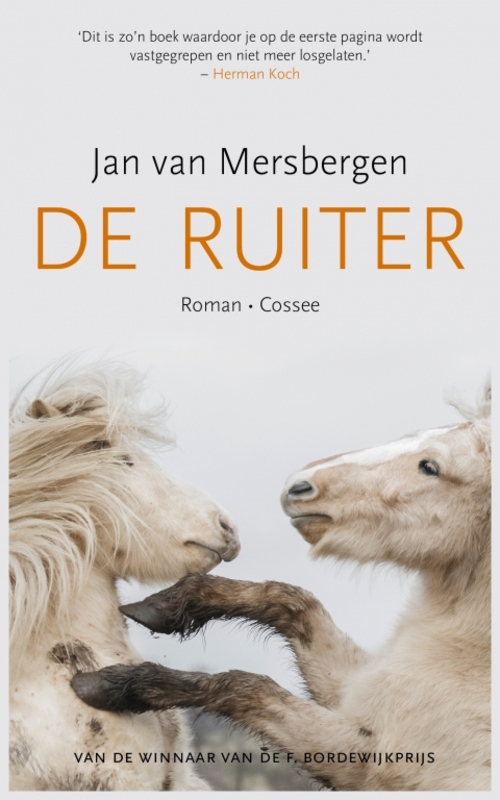
Her boyfriend is the leader of a gang that terrorizes half of the city. Still Sandra feels attracted to him. Why does she trust him without thinking twice? Why does she negate the well-meant advice of her father?
As danger becomes imminent she is forced to leave the city and stay with her grandfather for a while. When he lost his wife, he retreated to the countryside in search of space, but peace he could never find. Nature keeps confronting him with the things he left behind: life and death are everpresent.
With Sandra on the farm not only two generations, but also the present and the past, city and countryside as well as humans and nature are confronted with each other. The only connecting factor is the old horse on the meadow. With him the grandfather can share his lot, with him the granddaughter can get over her insecurities. But the listening ear of the horse, that seems to be closing the gap between man and girl, cannot keep reality at a distance. One day Sandra sees the silhouette of her lover appear on the horizon, coming closer.
'This is one of those books that have a grip on you from the very first page and never let you go. And you don’t want to be released, because you quickly are fascinated by the unique narrator, with his very own tone of voice, for whom you can feel nothing but sympathy. You are with him and you stay with him – you hope with all your heart that all will end well for him. The Rider is a book that I have been reading with growing respect.’ – Herman Koch, author of The Dinner
'The power of this narrative doesn’t lie in its end point, but in the magic of all the pages on which the eyes and ears of the horse become our eyes and ears, and we can hear foxes sneaking through the meadow and feel the fear of humans when approaching the horse.’ – Friesch Dagblad
‘The Rider ends as a Dutch Western, in which the literary motive of the advancing city remains constantly present and gives depth to the suspense novel. On top of that this theme adds a contemporary dimension to the novel.’ – NRC
'It is a Western above all, with a thrilling, bullet-riddled finale, but then relocated to the Dutch countryside, where heroism is replaced by tenderness.’ – Volkskrant****
‘His literature is the literature of feeling, smelling, tasting: the true essence in his books lies in the sensory impressions that influence our lives.’ – NRC Handelsblad
‘The author chose the right narrative form. The horse notices everything and plays an important role in the story, but at the same time it reacts instinctively, without always understanding its reasons. It remains an animal and doesn’t become a hero. This animalistic perspective keeps the emotions of the characters at a distance, but still allows for empathy. Yes, even for the poor horse that can only look at the mares from a distance.’ – Volkskrant****
‘The writer doesn’t press any message on the reader. Don’t expect any statements against criminality or the loneliness of the elderly. All this is present, but the readers may distil these meanings themselves. Or choose not to.’ – Noord Hollands Dagblad
‘A story narrated by a horse– and it is not a children’s book. Jan van Mersbergen is an exceptional writer.’ – De Standaard